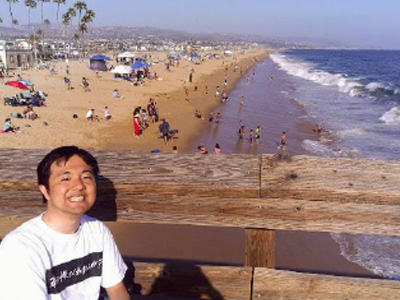| Conditional Sentences
Conditional sentences express situations that happen or do not happen based on certain conditions. These sentences consist of an if-clause (dependent clause) and main clause. We can also use unless, which means "if not."
Example: If it rains tomorrow, we will stay home. Unless you get here by noon, we will miss the train.
There are several types of conditional sentences: statements that reflect real or unreal condition in the present, past, and future.
1. Present time, real condition: something always happens when something else happens.
a) If I don't understand something in class, I ask my teacher to explain it to me.
b) If Tom gets bored, he plays video games.
c) If you are tired, you should take a break.
2. Future time, real condition: expresses possible result that depends on a certain condition.
a) If you marry her, you will be happy.
b) If you do all your homework today, you will be free tomorrow.
c) We will turn on an air conditioner if it gets hot.
3. Present time, unreal condition: means that the condition is not true now, and the result is only imagined.
a) I would buy my parents a big house if I won a lottery.
b) If I were you, I would apologize right away.
c)If he had more time, he would call you.
4. Past time, unreal condition: the condition was not true in the past, and the result shows what could happen but didn't.
a) If we had listened to his advice, we would have saved ourselves a lot of trouble.
b) If I had had more opportunities, I could have become rich.
c) If they had been on time to class, they wouldn't have missed important information.
5. Mixed time, unreal condition: the condition is not true in relation to the present, past, or future.
a) If he had studied harder, he wouldn't worry about his grades right now. (past unreal condition with present result)
b) We could buy this car if we had saved more money. (present result based on an unreal past condition)
Now you can test yourself with this exercise. Put the verbs in the correct form. Answers are provided below.
1) Ann: I'm feeling cranky. If I (stay)____at home with all this homework another hour, I will go crazy.
2) John: If you (start)_______ doing your homework last week, you (not have)__________to do so much now.
3) Ann: But I (miss)_________ four birthday parties if (spend)______ time on my homework last week.
4) John: Oh well, now you have to pay the price. If you paid more attention to your studies, you (not waste)______ your time on parties.
5) Ann: Johnny, thanks for the advice. But if I (be)____ you, I wouldn't tell others what to do.
Answers:
1. stay; 2. had started, wouldn't have; 3. would have missed, had spent; 4. wouldn't waste; 5. were.
|





